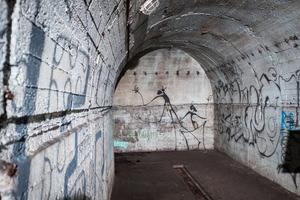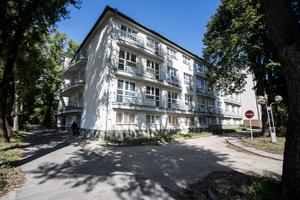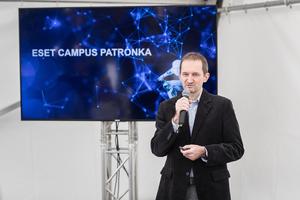When the founders of the now global IT security provider Eset developed their now flagship product back in the early 1990s, they named it Nemocnica na Okraji Disku (NOD), or Hospital at the Edge of the Disk, as they saw computer viruses like diseases and their programme as treatment. Now, after 30 years in the business, they remain, even though only accidentally, linked to health care. In 2017 they bought the premises of the former military hospital in Bratislava to build a brand new research and innovation campus.
“I had a long-term vision of our headquarters built in the style of a campus – lower buildings spread throughout a park,” Pavel Luka, the company’s chief operations officer, told The Slovak Spectator. The company keeps expanding and out of its more than 1,640 employees, more than 860 work in several places in Bratislava.
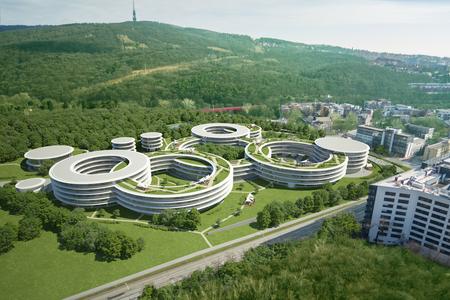
However, the company was not able to find land large enough and sufficiently close to Bratislava’s centre , where such premises could be built. Their vision only had a chance to materialise when the possibility of acquiring the premises of the former military hospital near Bratislava’s recreational green area Železná Studienka came up in 2017. Eset acquired the nine-hectare plot for €26.2 million and it is looking for architects to design its new research and innovation campus with a price tag of €100 million.
“At Eset we fully realise that one of the main challenges for companies as well as countries is to keep talented people and enable them to fully use their potential,” said Luka. “This is why we started thinking about our headquarters not as office buildings but as an interconnected and inspiring ecosystem, in which people will want to work and spend time also after outside working hours.”
Eset wants to build not just its own headquarters, but create a network of innovative, mainly technological, firms. Luka used Silicon Valley as an example.
“Concentrating such firms could bring high added value,” Luka said.



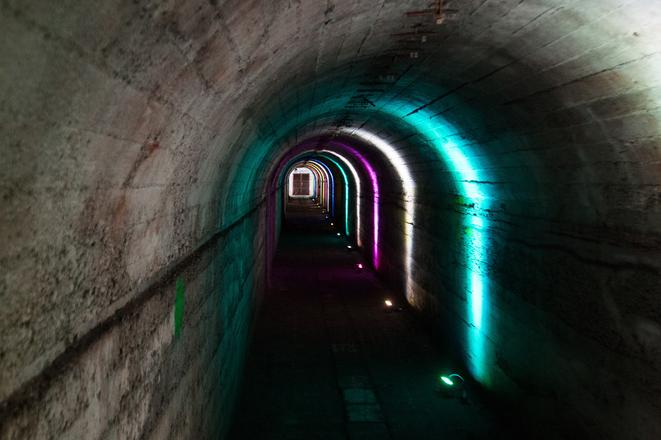 Eset wants to keep the bomb shelter when building its new R&D campus on premises of the former military hospital and use it in a creative way. (source: Sme)
Eset wants to keep the bomb shelter when building its new R&D campus on premises of the former military hospital and use it in a creative way. (source: Sme)
